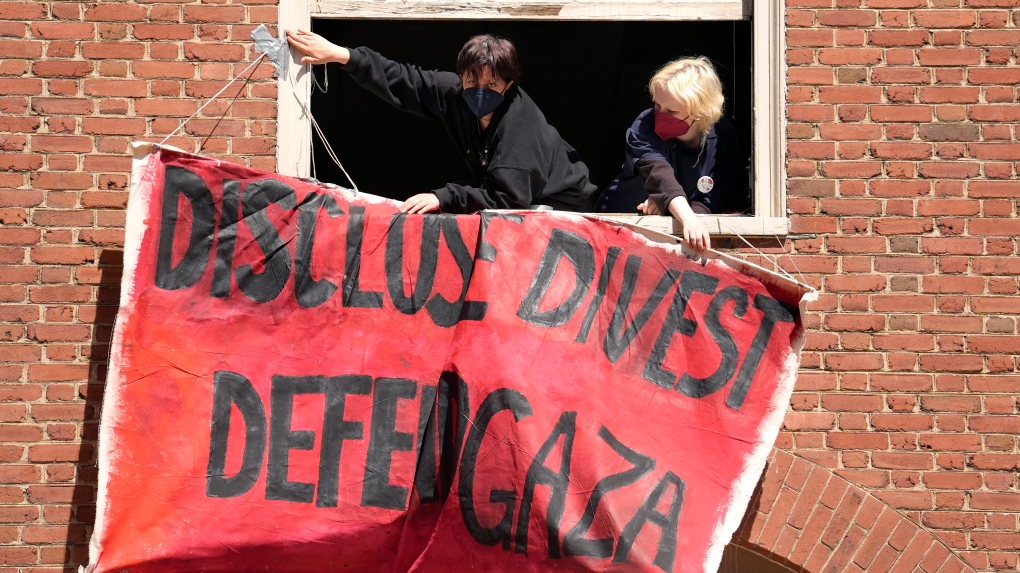MINNEAPOLIS –
Over the last decade, students have pushed universities to cut financial ties with fossil fuel producers, weapons manufacturers, tobacco companies and prison firms. Often it has been done in tandem with students in the Boycott, Divestment and Sanctions movement, which seeks to cut ties with Israel and companies that support it.
Most colleges have held firm, saying their investments provide financial aid for future generations and should be protected from politics.
Neal Stoughton, a professor of finance at the University of Waterloo in Canada, said colleges are wary of releasing information because they don’t want competition from other universities or institutions. He likened it to billionaires’ reticence to share investment tips.
“Those types of people don’t tell you exactly where all their money is,” said Stoughton, the former director of the Endowment Research Center at Vienna University of Economics and Business in Austria. He is currently doing research and consulting at the University of Arizona.
At the University of Michigan, officials responded to recent calls for divestment by saying the institution’s decades-old policy “is to shield the endowment from political pressures and to base our investment decisions solely on financial factors such as risk and return.”
Michigan’s policy allows for exceptions — it divested from tobacco companies and apartheid-era South Africa — but the bar “has intentionally been set extremely high.”
Officials disclosed only that there are no direct investments with Israeli companies and that indirect investments through funds amount to less than US$15 million, a small fraction of the university’s $18 billion endowment.
Universities also cite the complexities around divestment. Much of endowments are often held in investment funds that bundle large numbers of assets together. It can be difficult to trace exactly where the money goes, and universities generally can’t pick and choose among a fund’s investments.
Other schools that have opted for the disclosure route include Northwestern University outside Chicago, which said in an agreement posted to its website last week that it will answer questions from any internal stakeholder about holdings.
The University of California, Riverside, also said it would start posting information online with a goal of “full disclosure of the list of companies in the portfolio and the size of the investments.”
And in New York state, Vassar College vowed “greater transparency about major independent contractors,” as well as a review of a proposal for divestment from defence-related investments.
At the University of Minnesota, the decision to provide more endowment details came as part of a deal to end protesters’ encampment on the Minneapolis campus. Chants in recent weeks have included “Not another nickel, not another dime. No more money for Israel’s crimes.”
Tye Gregory, CEO of the Jewish Community Relations Council, said disclosure will just lead to calls for divestment and that risks harming Jewish students without actually changing the course of the fighting in Gaza.
“From my experience, unless you give in to all of their demands, they’re not going to relent against the administration,” he said. “And the administrations are not in a position to give in to all their demands. So my advice — not that they’re going to take it — is just not to negotiate on that. You’re not going to make them happy.”
Abu, who is one of the protest leaders, said the students plan to demand full disclosure of all investments at Friday’s regents meeting, beyond just the $5 million that university leaders have provided details about already.
The information provided by the school names different companies that the university has holdings in through investments or through funds. The list includes defence contractor Honeywell, which protesters have singled out during rallies. Honeywell didn’t immediately return an email message from The Associated Press seeking comment.
The goal, Abu said, is to “target all weapons companies that the university is invested in, and all stocks or contracts and bonds in countries that are complicit in war crimes.”
___
Hollingsworth reported from Mission, Kansas. Collin Binkley in Washington, D.C., contributed.







